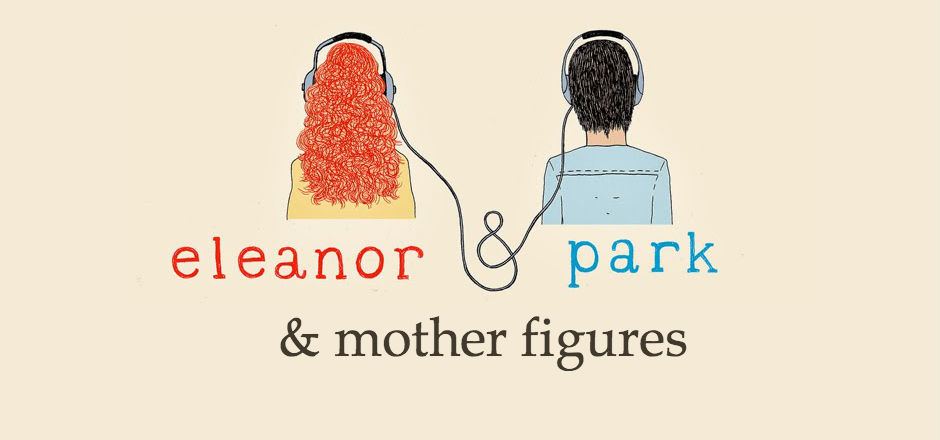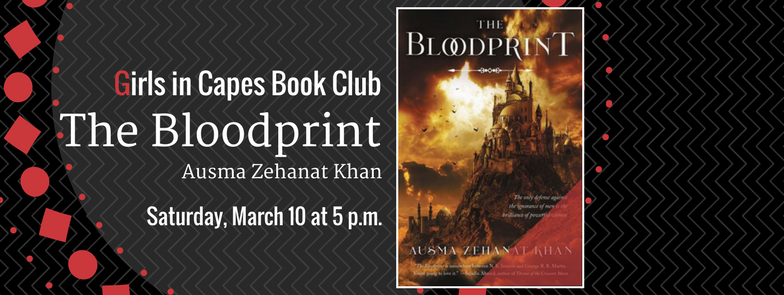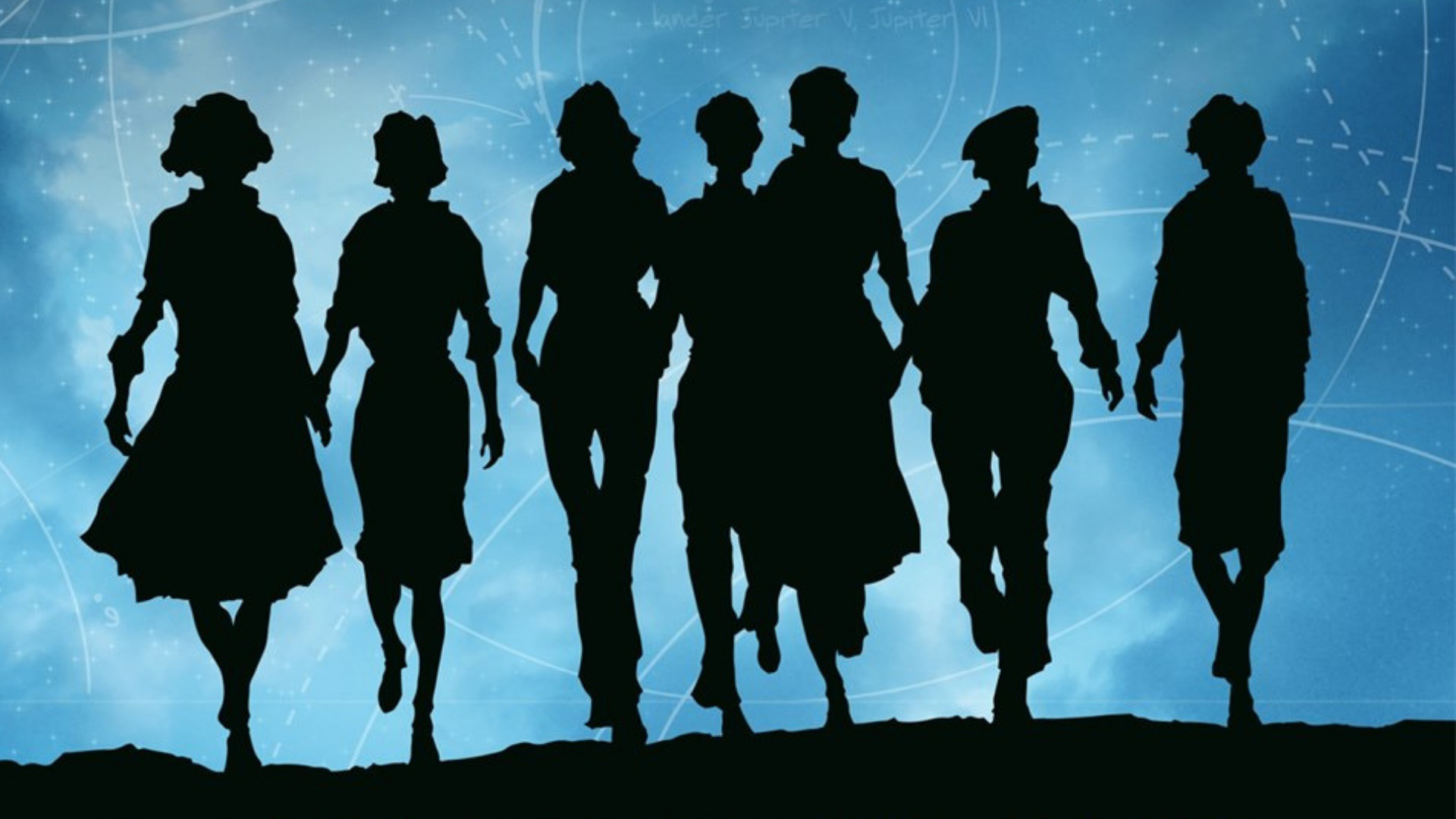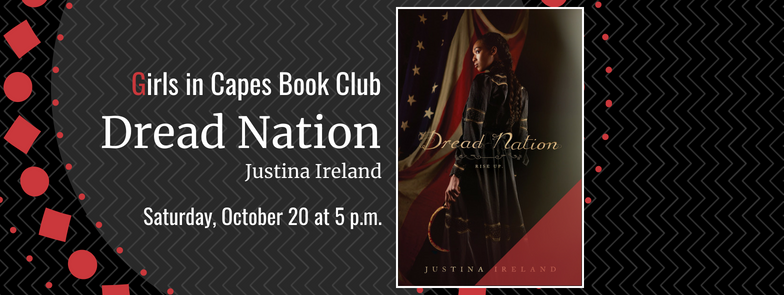Note: This article contains discussion of the book Eleanor & Park by Rainbow Rowell and may contain spoilers.
It took me a little while to hop on the Eleanor & Park train. After constantly hearing how amazing Rainbow Rowell’s YA novel was, I finally grabbed myself a copy and was instantly pulled into its adorable—but not cheesy—and realistic—not sugarcoated—1980s world.
One of the things that struck me most was the fact that slightly disheveled, overweight Eleanor isn’t a typical heroine, at least not in the sense that the media tends to showcase today. She’s outspoken, awkward, and self-conscious, but she’s also pretty badass. Basically, I wish I was more like her when I was in high school.
Although Rowell’s first venture into young adult territory doesn’t exactly contrast the stereotype of less-than-awesome YA moms, the moms mentioned in Eleanor’s story, hers and Park’s, do have a hand in shaping her and the way she sees the world, for good or for bad. In their own way, they influence Eleanor and help her to realize the kind of people she wants to surround herself with, as well as the kind of person she’d like to be.
The physically and emotionally abusive relationship between Eleanor’s mom and her stepfather Richie is something that affects Eleanor profoundly throughout the book. Because Eleanor is constantly exposed to Richie’s abuse toward both her and her mom and has to protect herself as well as her siblings, it becomes clear very quickly that she wants to do everything she can to avoid this kind of life for herself. The book’s ending involves Park taking her to live with her uncle, and shows that although it’s hard and she has to deal with fear, guilt, and constant anxiety over this decision, she knows that she doesn’t deserve this, and in the end, she won’t stand for it. There’s no way to know for sure, but Eleanor might not have become the same person if her home life had been different, and in that lens, her mom inadvertently helped form her into the person she became by the book’s end.
Eleanor’s interactions with Park’s mom have a shaky start; the first time she goes to Park’s house, she bursts into tears and needs consoling from Park before leaving. Park’s mom is less than impressed and associates Eleanor with Park’s sudden outbursts and fights at school. However, once she realizes what Eleanor’s home life is like, she begins to relate and warm up to her son’s girlfriend, and in some ways acts as another mother figure for Eleanor.
As someone who barely ever wears makeup and sometimes gets flack for not doing so, the scene at Park’s house where Park’s mom insists on giving Eleanor a makeover hit home particularly hard. It’s easy to dismiss this as Park’s mom being a negative influence on Eleanor and making her feel bad about herself, but I think the scene contributed to Eleanor becoming more comfortable and accepting of herself, as well. She doesn’t want makeup all the time, so she doesn’t wear it; it’s as simple as that. There’s no shaming of either party, it’s just not her preferred way to look on a daily basis, and it’s an important lesson that couldn’t have come from anyone else other than a mother figure.
It’s clear that the mother figures in Eleanor’s life aren’t exactly frontrunners for Mom of the Year, but that also coincides well with the fact that Eleanor’s life isn’t picture perfect, either. It’s rare for lessons that mothers and fathers teach their sons and daughters to be in boxes with bows and shiny paper, so it’s fitting that Eleanor’s mother figures may not dish out the normal pieces of advice. Either way, though, they played a role in making her who she is, and she probably wouldn’t be the same without them.
Allison Racicot is the Audiobook Reviewer at Girls in Capes. She’s a recent graduate of Emerson College in Boston, and has a degree in Writing, Literature, and Publishing. She spends too much time listening to podcasts and getting overly attached to fictional characters.





